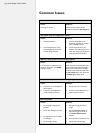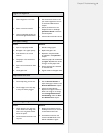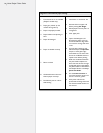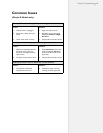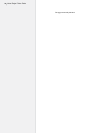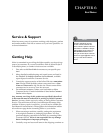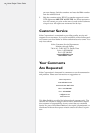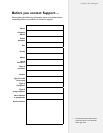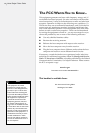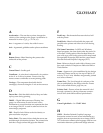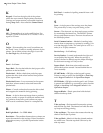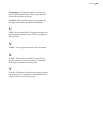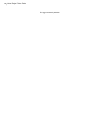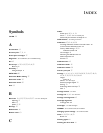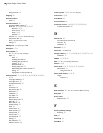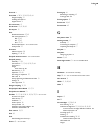
62
Ioline FlexJet E User Guide
The FCC Wants You to Know...
This equipment generates and uses radio frequency energy and, if
not installed and used properly (in strict accordance with manufac-
turer instructions), it may cause interference to radio and television
reception. Operation is subject to the following two conditions: (1)
This device may not cause harmful interference, and (2) this device
must accept any interference received, including interference that
may cause undesired operation. If this equipment does cause inter-
ference to radio or television reception - which can be determined
by turning the equipment off and on - you are encouraged to try to
correct the problem by one or more of the following measures:
n Use only shielded interface cables.
n Reorient the receiving antenna.
n Relocate the host computer with respect to the receiver.
n Move the host computer away from the receiver.
n Plug the host computer into a different outlet so that the host
computer and receiver are on different branch circuits.
If necessary, consult the dealer or an experienced radio/television
technician for additional suggestions. How To Identify and Resolve
Radio-TV Interference Problems, a booklet published by the Federal
Communications Commission, is a helpful reference. Please contact
the FCC to request a copy:
www.fcc.gov
Document stock number: 004-000-00345-4
This booklet is available from:
U.S. Government Printing Ofce
Washington, D.C. 20402
This equipment was tested
and found to comply with the
limits for a Class A digital device,
pursuant to part 15 of the FCC
Rules. These limits are designed
to provide reasonable protection
against harmful interference when
the equipment is operated in a
commercial environment. This
equipment generates, uses, and
can radiate radio frequency en-
ergy and, if not installed and used
in accordance with the instruction
manual, may cause harmful inter-
ference to radio communications.
Operation of this equipment in a
residential area is likely to cause
harmful interference in which
case the user will be required to
correct the interference at his or
her own expense.
Note
i



